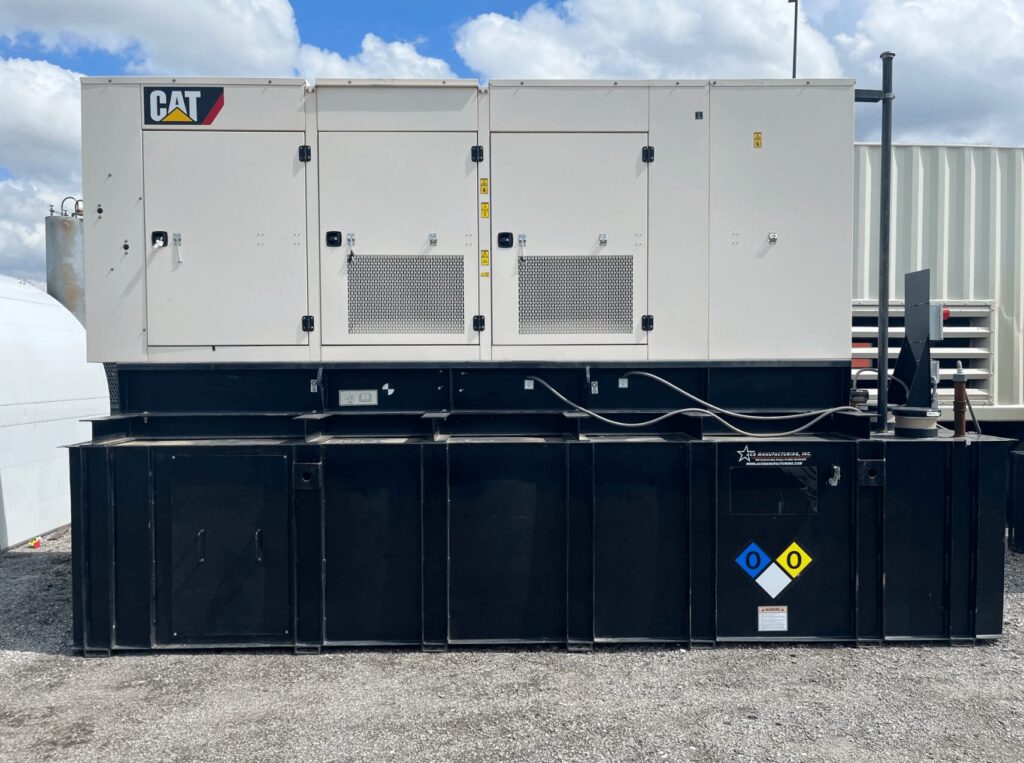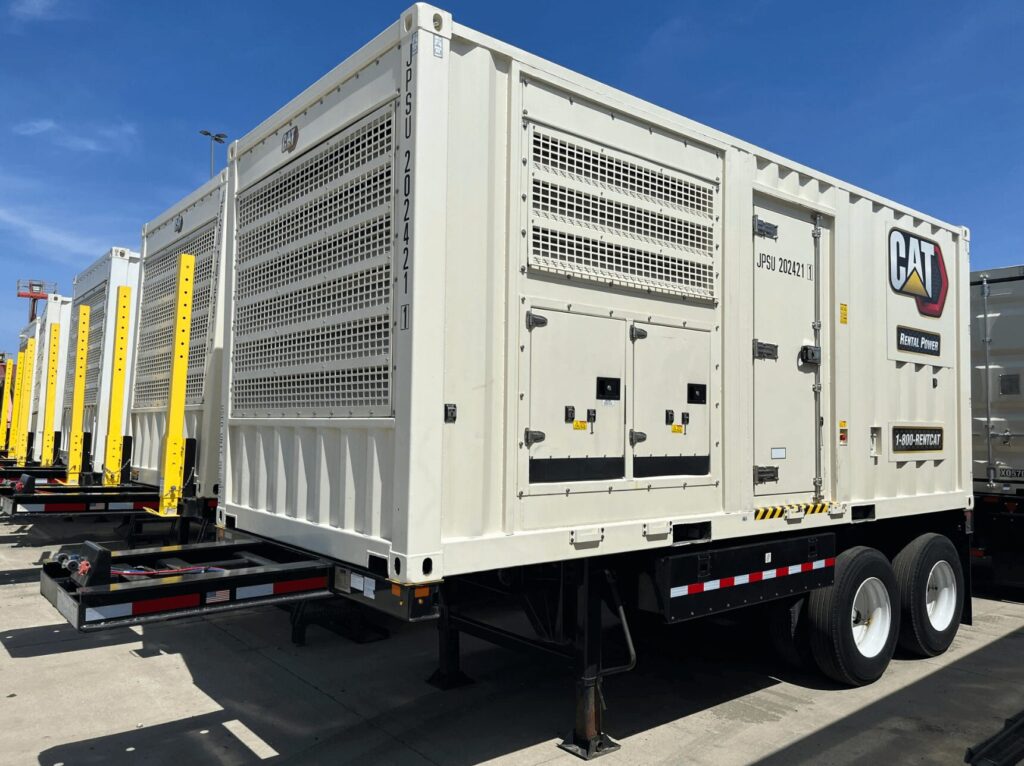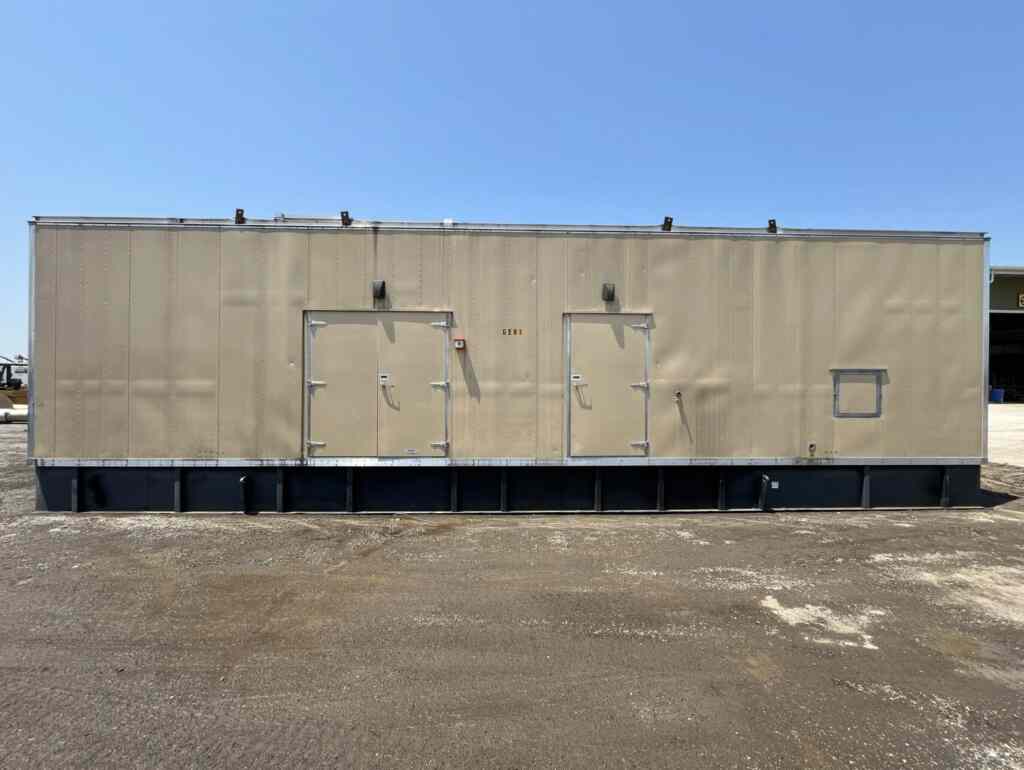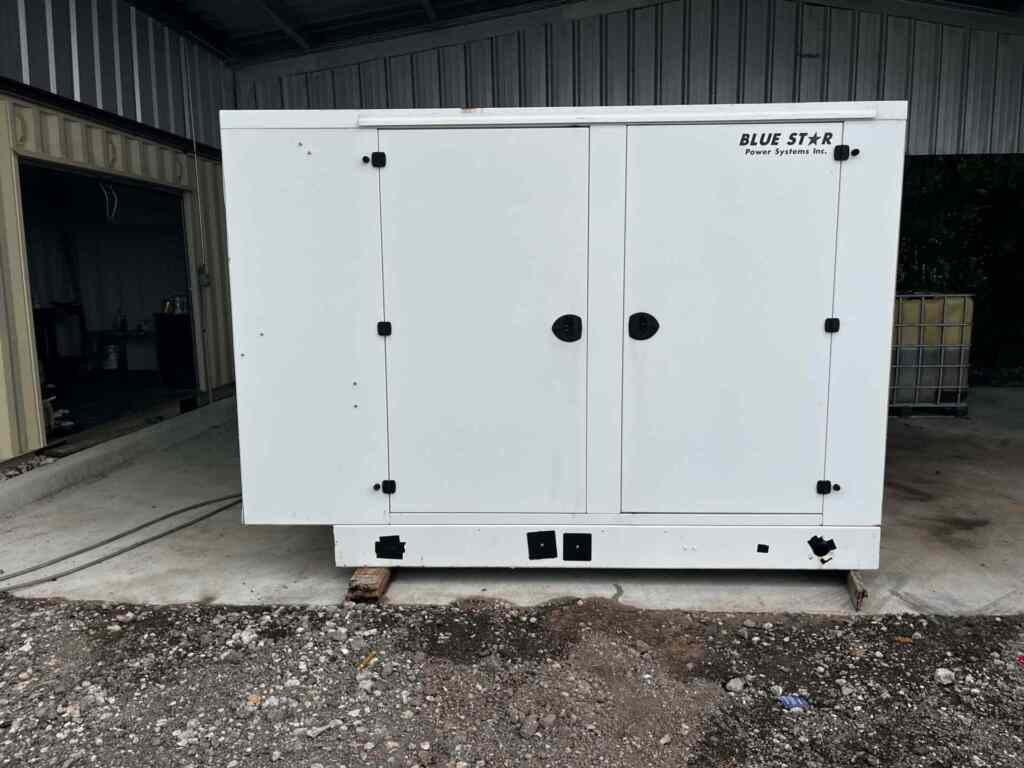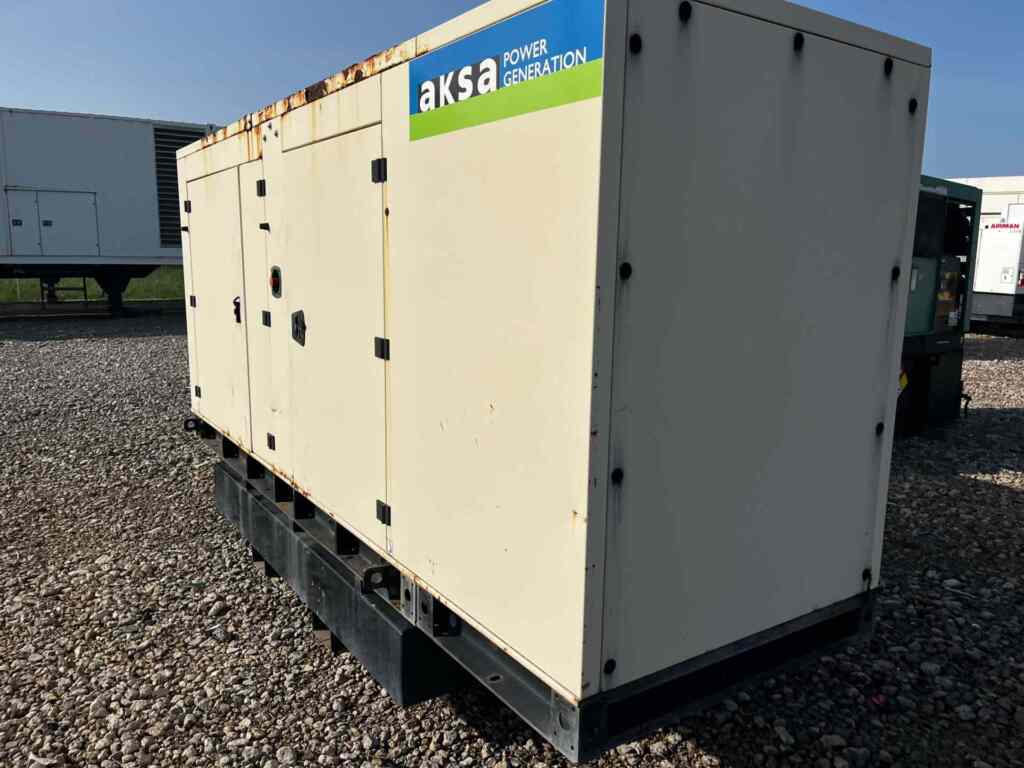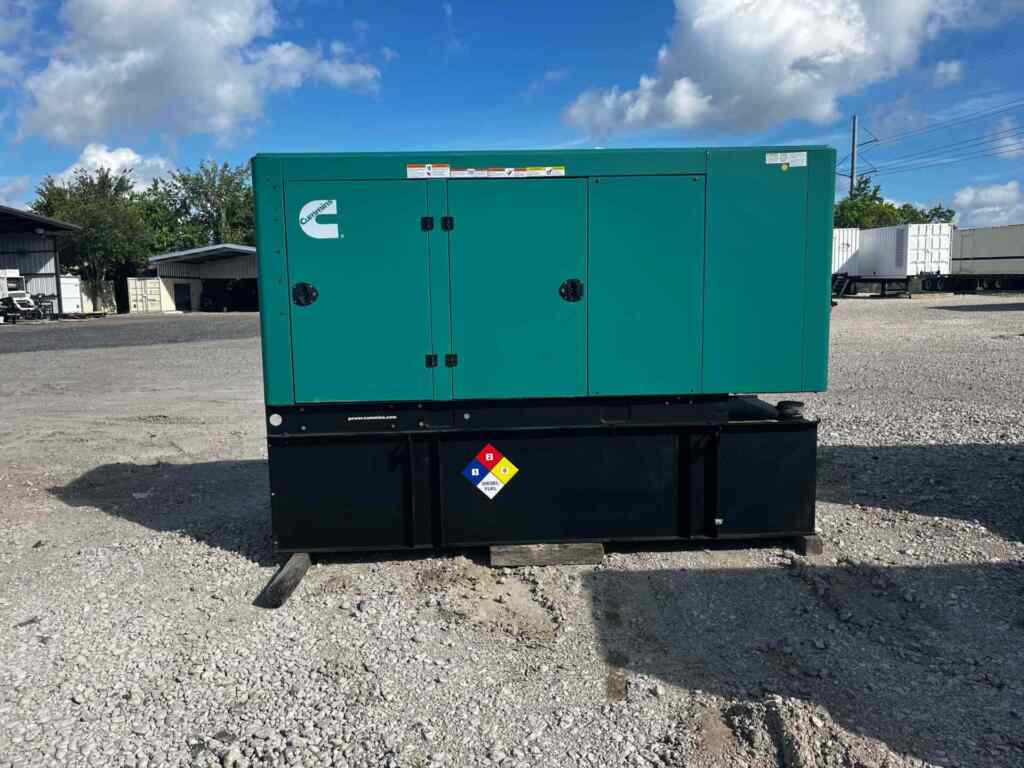Finding the right circuit breaker for your business isn’t easy. Many additional factors to consider when selecting a circuit breaker have big implications. The goal of a circuit breaker is to prevent a power surge; each building is different and carries different equipment, some more sensitive than others. You need a circuit breaker that is sturdy and effective to properly protect your building from power surges and electrical overloads.
When it comes to the selection of circuit breakers, there are several critical factors to consider to ensure optimal protection for your business. The right circuit breaker must be tailored to the specific electrical load and characteristics of your building. This involves understanding the types of equipment in use, their sensitivity to electrical fluctuations, and the overall power demands. A carefully chosen circuit breaker will prevent power surges and electrical overloads, safeguarding your sensitive equipment and maintaining the safety of your electrical system. Additionally, the circuit breaker must comply with regulatory standards and be reliable under various operating conditions. Taking the time to thoroughly evaluate your needs and consult with experts can lead to a more secure and efficient electrical infrastructure for your business.
Testing and Maintenance
One major factor to consider when finding the right circuit breaker is testing. You can test a good circuit breaker regularly, about once a year. If you live in an area with extreme weather, consider testing it more frequently. In addition to testing, you want a circuit breaker that is easy to maintain. If testing reveals an issue, you must fix your circuit breaker or get some professional to maintain it and point out any issues.
Maximum Interrupting Capacity
Another important factor to consider is maximum interrupting capacity (MIC). The MIC is the highest current the breaker can interrupt, and more appliances and electronics require a higher MIC. An MIC of 10,000 amps is standard, but it’s easy to trip this when using multiple appliances simultaneously. Larger businesses need higher MICs to function safely and avoid constantly tripping the breaker.
Voltage Rating
The circuit breaker should prevent current irregularities, so voltage is another factor to consider. The voltage rating is essential for safety, ensuring the circuit breaker can safely trip when overloaded. While most homes have low-voltage circuit breakers, businesses and areas with power lines use medium or high-voltage circuit breakers. Find a circuit breaker with the same or higher rating than the open-circuit voltage, as it can prevent explosions or arcing when a short circuit happens.
Frequency
Frequency is another important factor, as you want something below 60 Hertz. Typical circuit breakers have a frequency range between 50 and 60, so stay in that range. Regularly going above 60 Hz can degrade the circuit breaker and reduce its power rating. A lowered power rating can hurt your circuit breaker and prematurely age it.
Setup
In addition to the circuit breaker’s standards, you must consider how you’ll install it. You don’t want to expose it to too much heat or sunlight, and you also want low moisture. When selecting a circuit breaker, you need to ensure that it won’t be exposed to too much heat or sunlight, and it should be placed in an environment with low moisture levels. Too many variables like this can damage the circuit breaker and lower its ability to protect your electronics from power surges. Proper selection of a circuit breaker involves understanding the specific installation requirements and environmental factors to ensure optimal performance and longevity.
Consider all these factors when selecting a circuit breaker so you get the one that works for you. Finding the right circuit breaker is important for industrial practices requiring a generator. These industrial generators can be sensitive, and you want to ensure power surges don’t interfere, so finding the right circuit breaker is critical. If you’re in the market for a circuit breaker and a generator, look no further than Turnkey Industries—we can help you find the generator that works with your circuit breaker!
 Turnkey Industries offers a variety of high-capacity
Turnkey Industries offers a variety of high-capacity 